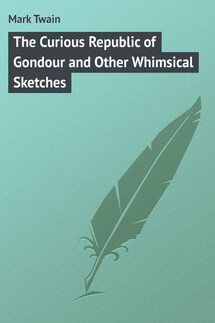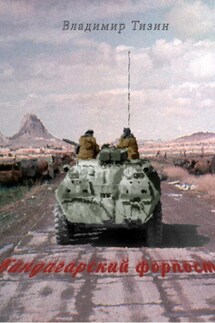Chapters from My Autobiography - страница 15
The summer seasons of Susy’s childhood were spent at Quarry Farm, on the hills east of Elmira, New York; the other seasons of the year at the home in Hartford. Like other children, she was blithe and happy, fond of play; unlike the average of children, she was at times much given to retiring within herself, and trying to search out the hidden meanings of the deep things that make the puzzle and pathos of human existence, and in all the ages have baffled the inquirer and mocked him. As a little child aged seven, she was oppressed and perplexed by the maddening repetition of the stock incidents of our race’s fleeting sojourn here, just as the same thing has oppressed and perplexed maturer minds from the beginning of time. A myriad of men are born; they labor and sweat and struggle for bread; they squabble and scold and fight; they scramble for little mean advantages over each other; age creeps upon them; infirmities follow; shames and humiliations bring down their prides and their vanities; those they love are taken from them, and the joy of life is turned to aching grief. The burden of pain, care, misery, grows heavier year by year; at length, ambition is dead, pride is dead; vanity is dead; longing for release is in their place. It comes at last – the only unpoisoned gift earth ever had for them – and they vanish from a world where they were of no consequence; where they achieved nothing; where they were a mistake and a failure and a foolishness; there they have left no sign that they have existed – a world which will lament them a day and forget them forever. Then another myriad takes their place, and copies all they did, and goes along the same profitless road, and vanishes as they vanished – to make room for another, and another, and a million other myriads, to follow the same arid path through the same desert, and accomplish what the first myriad, and all the myriads that came after it, accomplished – nothing!
“Mamma, what is it all for?” asked Susy, preliminarily stating the above details in her own halting language, after long brooding over them alone in the privacy of the nursery.
A year later, she was groping her way alone through another sunless bog, but this time she reached a rest for her feet. For a week, her mother had not been able to go to the nursery, evenings, at the child’s prayer hour. She spoke of it – was sorry for it, and said she would come to-night, and hoped she could continue to come every night and hear Susy pray, as before. Noticing that the child wished to respond, but was evidently troubled as to how to word her answer, she asked what the difficulty was. Susy explained that Miss Foote (the governess) had been teaching her about the Indians and their religious beliefs, whereby it appeared that they had not only a God, but several. This had set Susy to thinking. As a result of this thinking, she had stopped praying. She qualified this statement – that is, she modified it – saying she did not now pray “in the same way” as she had formerly done. Her mother said:









